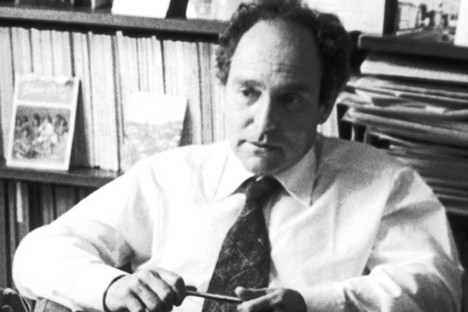Some West Virginia miners may have faced unemployment due to technological progress. But what they needed to improve their situation was economic growth from private enterprise, rather than Senator Robert Byrd’s federal pork.
(p. A11) . . . mining companies developed more efficient techniques for extracting coal and natural gas, which eliminated the need for many blue collar jobs. Laid-off workers lacked the skills to attract other types of businesses and college students couldn’t find jobs after graduation, so they left. Such dramatic changes would be serious obstacles for any politician.
. . .
By contrast, Byrd’s solution was to steer federal largess to his state.
. . .
Take Route 50. Thirty years ago, the federal government extended the route from two lanes to four with the hopes of spurring development. But hit the open road today and you’ll notice it’s just that–open. “You won’t see another car for two hours,” says Russell Sobel, a professor of economics at West Virginia University. “You can’t just build roads and expect that things will happen. People who want to transport goods and services need to be there.”
. . .
“We’ve created this culture of dependency,” warns Mr. Sobel, “Our human capital is not good at competing in the marketplace; it’s good at securing federal grants.”
Federal funding is a shaky foundation for an economy because no one can replace Big Daddy. In their recently released paper “Do Powerful Politicians Cause Corporate Downsizing?” Harvard professors Lauren Cohen, Joshua Coval and Christopher Malloy found that states that lose chairmanships on important congressional committees lose 20% to 30% in earmarks.
Even worse, they found that pork actually pushes private investment out of a state. When the federal government intrudes, it raises demand for the state’s workers and real estate, jacking up prices. Often, companies can’t compete, so they flee.
For the full commentary, see:
BRIAN BOLDUC. “CROSS COUNTRY; Robert Byrd’s Highways to Nowhere; Government pork hasn’t made West Virginia prosperous.” The Wall Street Journal (Sat., JULY 10, 2010): A11.
(Note: ellipses added.)
The research referenced is:
Cohen, Lauren, Joshua D. Coval, and Christopher J. Malloy. “Do Powerful Politicians Cause Corporate Downsizing?” NBER Working Paper No.15839, March 2010.






